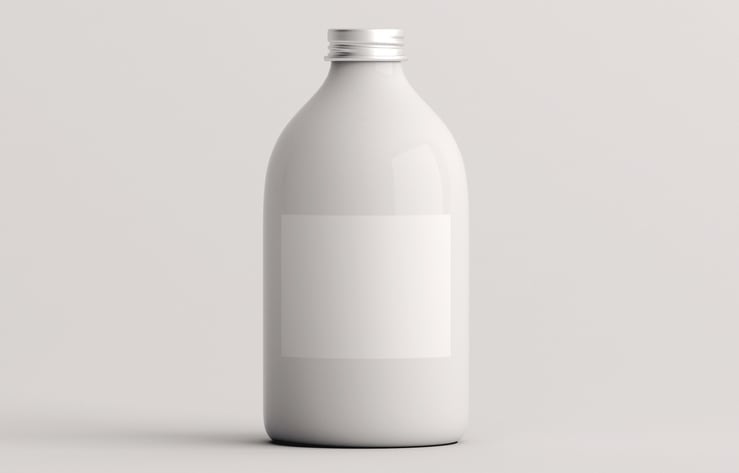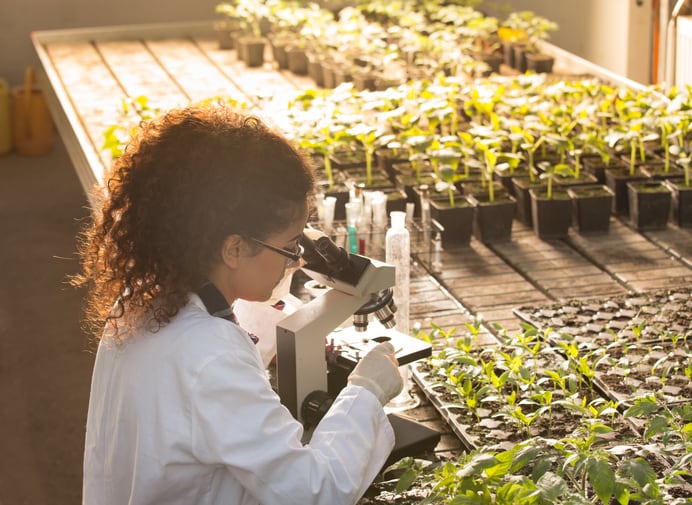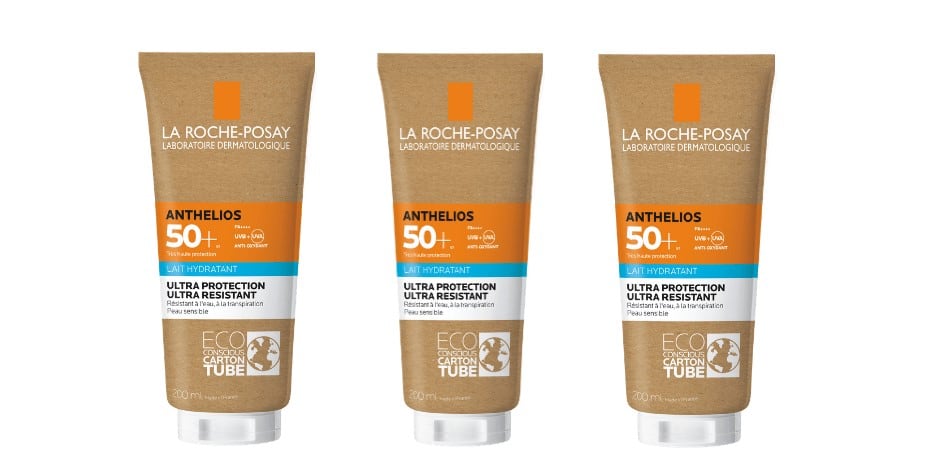Social shopping platform Influenster and consumer shopping network Bazaarvoice teamed up recently to conduct a survey with 24,000 women worldwide about what they look for in clean beauty products. The surveys ran between March 13 – April 27, 2020.
Findings showed that two-thirds of women wanted greater transparency when it came to the labelling of clean beauty products.
Clean beauty labels lack information
The survey found that cruelty free was the ‘clean’ beauty label most women (62%) paid attention to, followed by hypoallergenic (36%), but that 61% of women felt brands labelled products as ‘clean’ without enough information.
Many of these shoppers (69%) sourced ingredient information for beauty products elsewhere, largely from Google (51%) and product reviews (22%). Only 1% of women rely on a brand’s advertising to educate themselves on clean beauty or product ingredients, the survey found.
And broader education on clean beauty was also gathered from elsewhere, with product reviews from fellow consumers most widely used (33%), followed by information on social media (26%) and Google (25%). Only 19% of female shoppers referred to brand websites to research clean beauty.
Suzin Wold, senior vice president of marketing at Bazaarvoice, said that whilst demand for clean beauty products remained high – 93% of women surveyed said they were more inclined to buy products marked as clean – dissatisfaction was also present.
“Why? There is a heightened expectation for brands to provide more education and transparency by communicating the how, what and why behind a product being labelled as clean. So, it’s clear that brands must build trust and act as the expert within their space,” Wold told CosmeticsDesign-Europe.
Clean beauty standards and better consumer engagement
Improving trust in clean beauty products required significant change within industry, she said, notably the development of a “set of standards to define clean beauty”.
The words clean, natural and green were used “interchangeably” by beauty consumers and definitions of what clean products were differed.
Half of those surveyed defined clean beauty as products containing non-toxic ingredients, both natural and/or synthetic; 16% felt clean beauty aligned with products that were organic; and 15% felt clean beauty was defined as products that used ingredients sourced from nature.
“The industry, as a whole, needs to be clearer on the definition of clean beauty so that consumers truly understand, and trust, the differences between a clean product and a ‘standard’ one.
“…By establishing what constitutes a clean product, brands can communicate more authentically with consumers. Without these standards, women will continue to call for greater transparency from brands,” she said.
In addition to this, beauty brands had to better engage with consumers online – through social media channels or by directly responding to online reviews, Wold said. This would “establish authentic and personalised communication” and “build relations” with new and existing consumers, she said.
“Consumers are the most authentic influencers and it will be the brands which recognise this that will win the greatest trust.”
Clean beauty and ingredients labels still important
Wold said that despite concerns raised around the transparency of clean beauty, this was still a category with considerable potential.
Survey findings showed that even in a world shaped by the ongoing coronavirus (COVID-19) pandemic, 68% of women were still committed to reading ingredient labels prior to purchase and 43% were still prioritising clean products for some purchases.
“There is still a clear appetite for clean products and brands have a responsibility to share information so consumers can make informed purchases. If brands can communicate that their products are good for the environment, they can win loyalty, not just during the pandemic but beyond, and tap into the community of clean beauty customers who are spreading the word about these products,” she said.
Increased awareness of health and environmental sustainability, she said, would be “big drivers in moving forward the clean beauty movement”.
“At its core, clean beauty is about consumers becoming more aware of what they are using on their skin and how it affects the environment, but it also comes down to the increasing demand for brands to offer full disclosure and transparency,” Wold said.
Clean & Ethical Beauty Video Series – Why it matters
The CosmeticsDesign global team is launching a Clean & Ethical Beauty video series next week, with the first episode ‘Why it matters’ launching on Tuesday 16.
The six-episode online video series will run once a week, hearing from experts across the globe about the opportunities, challenges and future of clean and ethical beauty. Stay tuned for more on this exciting launch!




